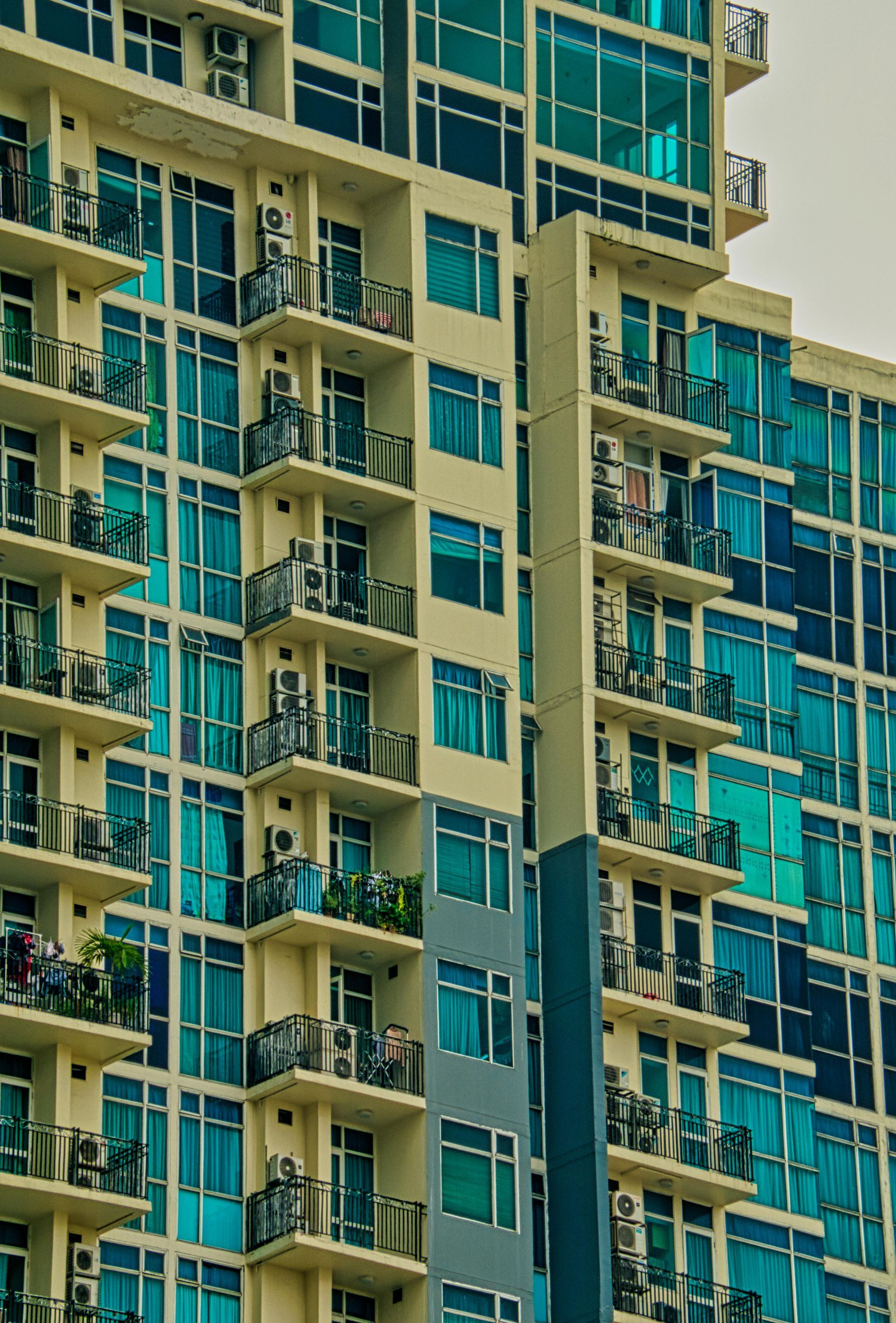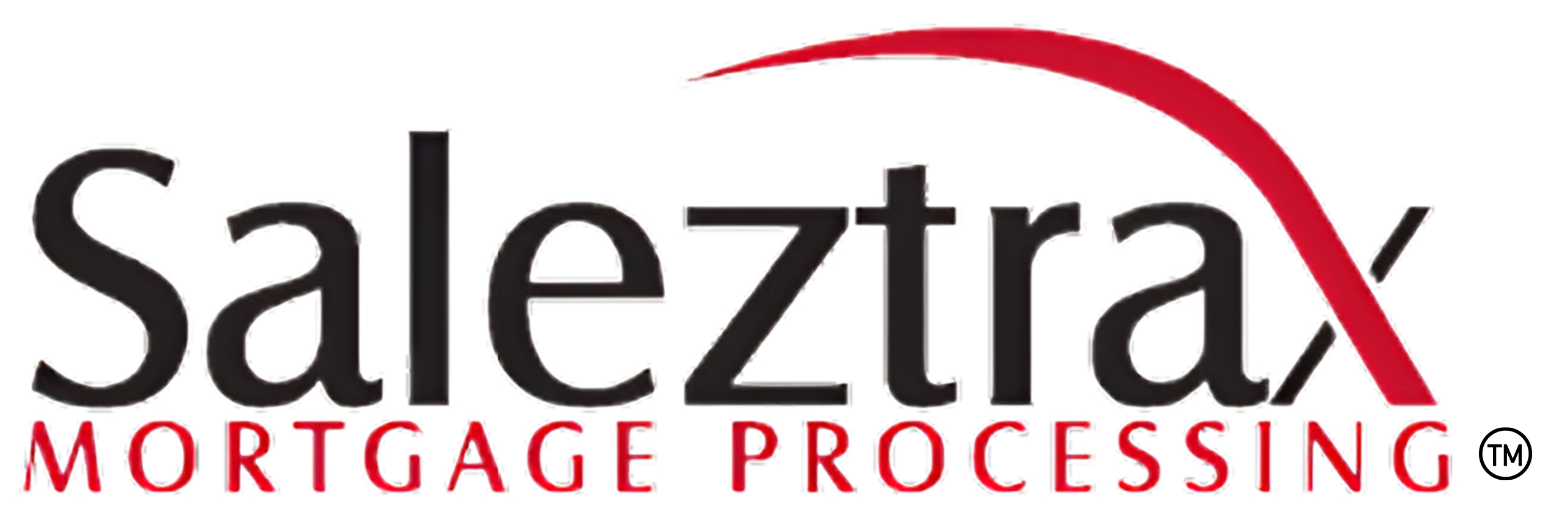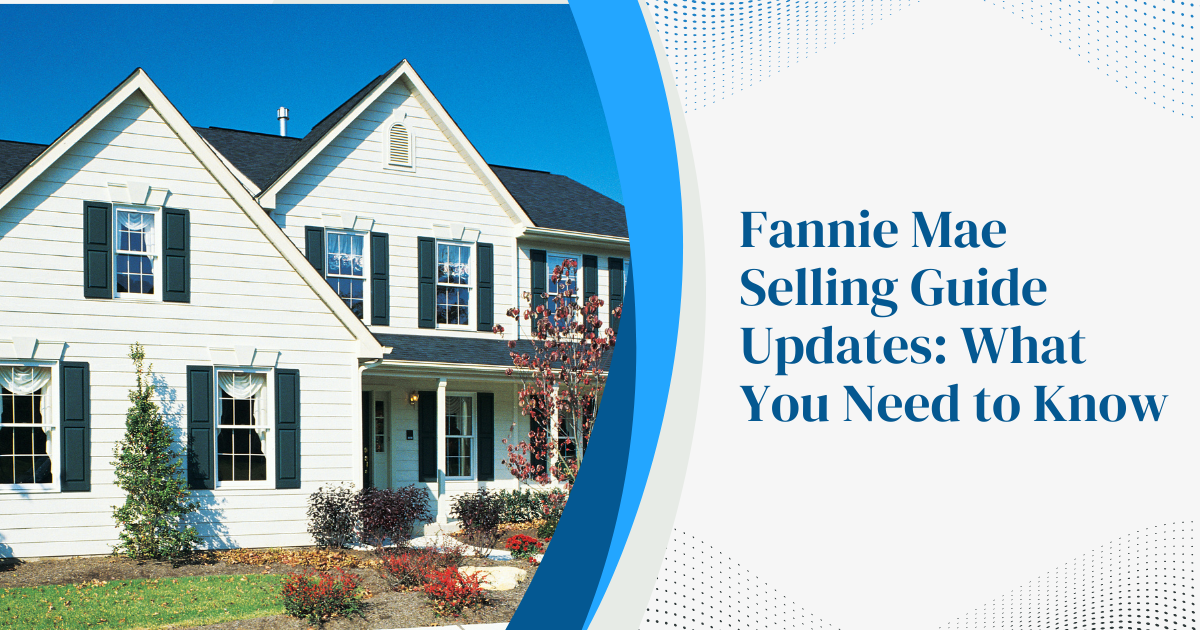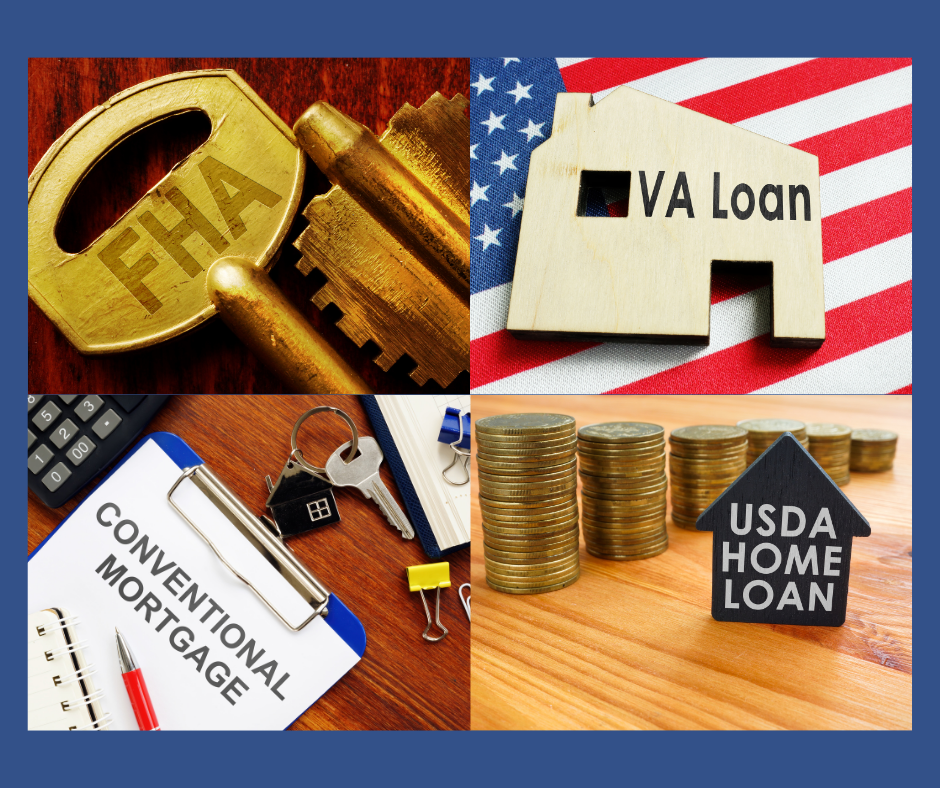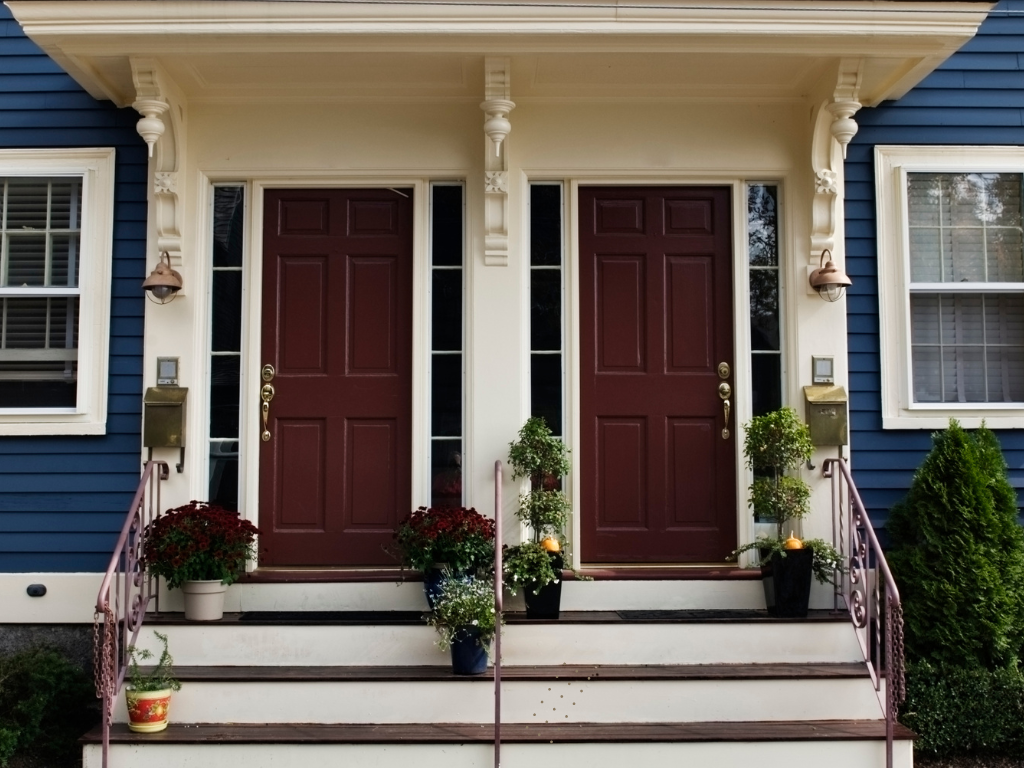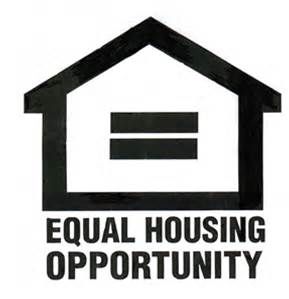Should you buy a home during uncertain times?
Original Source: readynest.com
A down payment is your initial investment in your home, and for many would-be homebuyers, it's the most daunting hurdle. How much should you put down, and what kind of low-down-payment mortgage options could help you afford to buy sooner or expand your choices?
When there is no “normal,” when is the best time to buy a house?
Since March of 2020 and the COVID-19 pandemic, “normal” has been difficult to describe – and not something we could select with the push of a button. And for those thinking of buying a home over the last few years, the market has been anything but what used to be thought of as a “normal.” Across the country, home appreciation ascended rapidly in 2020, 2021 and the start of 2022, due in large part to high demand and low inventory.
Economic concerns swept the country in the second half of 2022, and we saw a significant jump in mortgage interest rates accompany those concerns. Gone were the low rates in the 3% range and we saw 30-year fixed mortgage interest rates climb to about 7% before pulling back slightly. According to Freddie Mac, 30-year fixed mortgage interest rates began 2022 at 3.22% and ended the year at 6.42%.
Whether it was the change in interest rates, whispers of possible decline in home values, or news outlets reporting on a possible recession, many people who were thinking of buying a house found themselves, like me in front of the washing machine, having a moment of pause. In fact, the number of mortgage applications submitted was 42% lower in 2022 than the year before, according to a CNBC report.
To buy now or to wait
While a moment of pause in uncertain economic times is understandable, should you let that stop you from buying a home soon? While it seems like a simple question, the answer is anything but simple. Each person must account for their own circumstances and make the decision that best suits their individual needs, but there are a few things that I suggest you consider as you attempt to answer that question for yourself.
Mortgage interest rates
Higher mortgage interest rates generally mean a larger monthly mortgage payment, so buying a house now likely means your monthly payment will be higher now than if you bought a house last year. Depending on your circumstances, it could be a sizeable difference. Does that mean you should wait for mortgage interest rates to go back to the low 3% range? Unfortunately, no forecast I’ve seen is predicting that will occur anytime soon.
The fact of the matter is, mortgage interest rates are volatile and change daily (in some cases, many times throughout the day), so no one knows where the rates will be 3 or 6 months from now. They could be lower. They could easily be higher, too.
While you cannot control where interest rates are now or where they are headed in the future, there are mortgage options you can choose that can make a difference in the interest rate of your mortgage loan. Some mortgage options allow you to pay money up front to lower your interest rate; your loan officer can explain your available options and how they affect your specific situation.
Depending on how long you intend to own the home, you may also want to consider an adjustable-rate mortgage (ARM), which may provide a lower initial rate than a 30-year fixed-rate mortgage. Find more information on how ARMs work here.
Regardless of what rate you ultimately receive, it's important to make sure you will not overstretch yourself financially, leaving nothing left for repairs, living expenses or savings. If you can comfortably afford the mortgage payment, then you may not want to wait. If you can’t, waiting would be more prudent.
Home prices
There are 2 factors to consider when it comes to home prices. The first and most obvious is, of course, how much the home will cost you at the time you buy it. However, unlike buying a car, you purchase a home expecting it to increase in value over the time you own it. This increase in what your home is worth over the time you own it is commonly referred to as "home price appreciation."
Now, there is no guarantee that your home will appreciate in value. It could stay the same or decline in value. In fact, according to Zillow’s Home Price Expectations Survey, some economists think home prices may decline in the short term, while others think they’ll continue to increase. Even those economists surveyed who expect home prices to decline still predict cumulative home price appreciation over a 5-year span.
Ultimately, my advice is for you to consider how long you plan to own the home you are buying. If you plan to own it for only a year or two, this current economic cycle may suggest you hold off making a home purchase. If you plan on owning it for longer, it’s more likely you could weather a small decline in home values and enjoy home appreciation gains later (assuming those forecasts are correct).
Housing market
The paragraphs on home prices above could lead one to try to time the market and wait for home prices to decline a bit before ultimately buying that home. If that’s your mindset, the other area I’d recommend you consider is the current housing market. In 2020 and 2021, the country saw one of the strongest seller markets in history.
Limited housing inventory and large demand of those looking to purchase a home led to a very competitive market for homebuyers. It was common to have homes receive multiple offers within hours of hitting the market, forcing buyers to offer 10%, 20% or even 50% over the asking price in an attempt to win a bidding war.
While those tactics may have led to an accepted offer, many buyers discovered they were buying the home for more than what their bank was willing to lend them, which in turn required them to come up with thousands of dollars more of their own money to purchase the home. At the same time, many buyers were waiving contingencies, such as the home inspection, to get their offer accepted over others.
We have an entire story dedicated to the importance of getting a home inspection, so I won’t highlight that here. However, my point is that buying a home in a more balanced or “normal” market, when you may only be up against 1 or 2 other buyers rather than 20 and where you can actually inspect the home you are about to purchase, may better fit your risk appetite than buying during what the country saw happening in the housing market in 2021.
Does it all just come out in the wash?
One upside to potentially waiting could be saving for a larger down payment. Of course, while you wait, rents may go up, homes may appreciate and become more expensive, and interest rates may change, so your extra savings may not go as far as you hoped. That’s why we created our buy now vs wait calculator: to help you run the numbers for your own situation.
One last item to consider is: Why do you want to buy a home in the first place? If it’s purely for financial reasons, then while I’d still suggest you consider the items above, perhaps waiting a few months makes sense for you. However, for most of us, the lifestyle benefits of homeownership – such as place to call your own, a yard, a garage or a washing machine – matter as much or maybe even more than the financial benefits. If that's true for you, and you can comfortably afford to buy a home now, you should ask yourself, “Do I really want to wait to start enjoying those lifestyle benefits?”
Subscribe to our blog and stay up to date about changes in the market that effect buyers. Or contact us to learn more about mortgage processing services.
